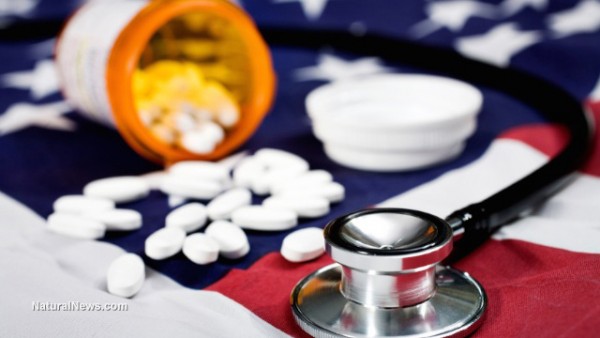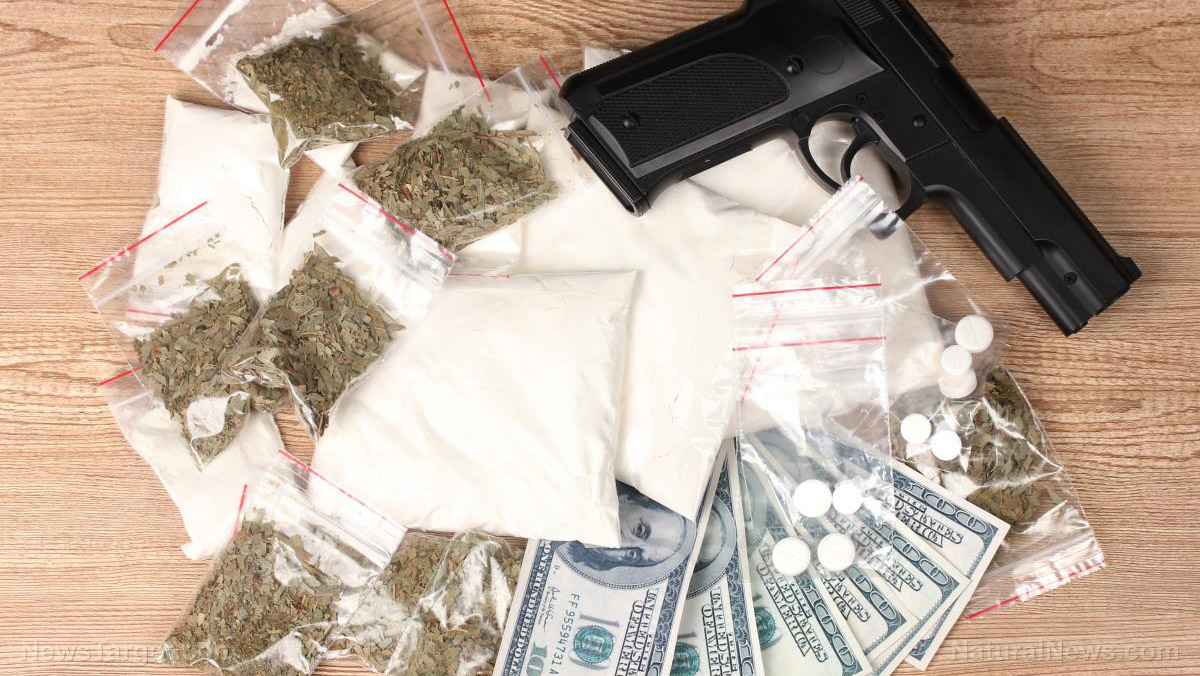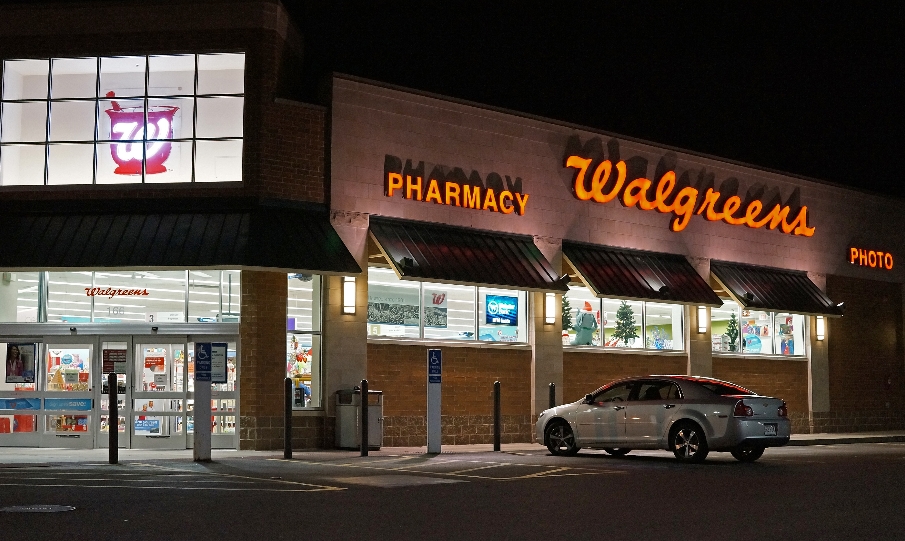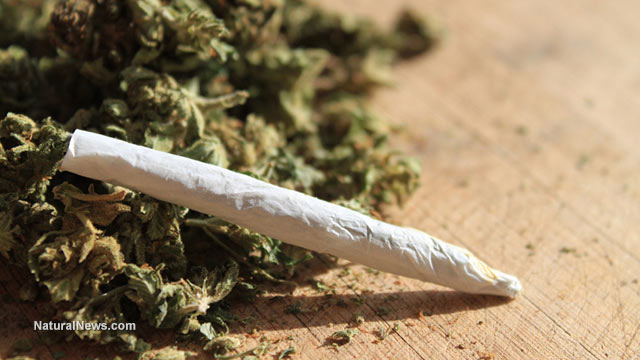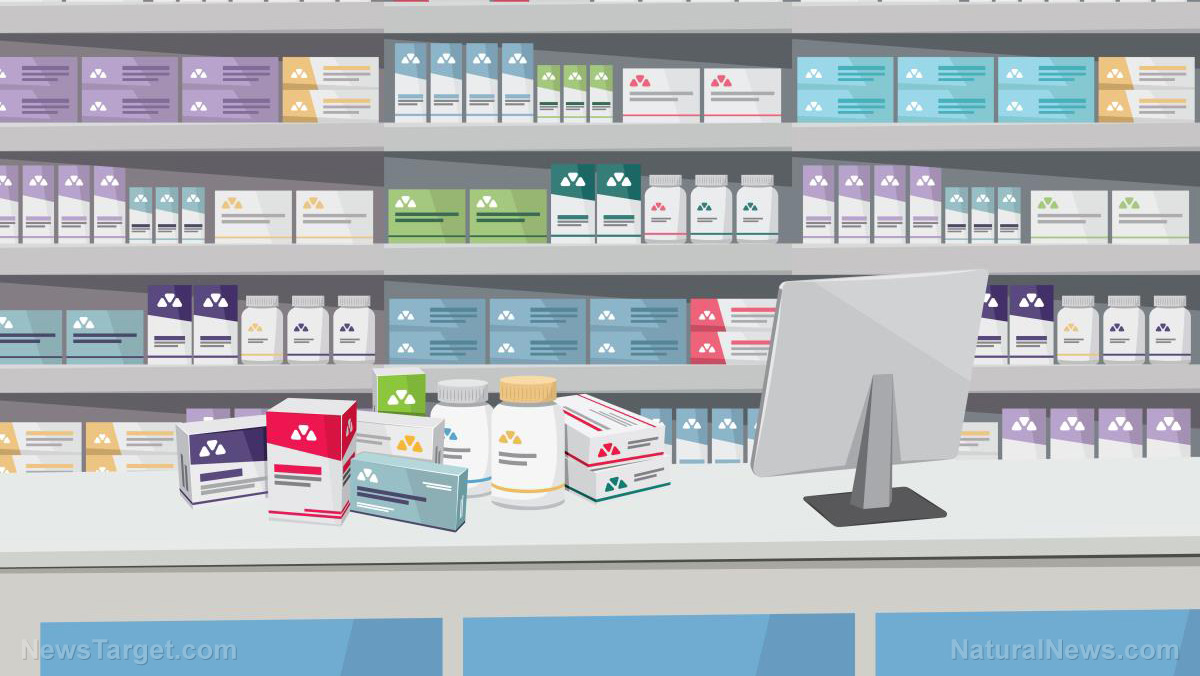LAND OF THE DRUG ADDICTED: Americans spend more money on pharmaceuticals than anyone else in the world
08/16/2022 / By Ethan Huff

Compared to every other developed nation that is a member of the Organization for Economic Cooperation and Development (OECD), the United States spends substantially more on pharmaceutical drugs, making it the number-one most drug-addicted country in the world.
After accounting for purchasing power parity, the average American spent $1,376 on pharmaceuticals in 2019, a figure 47 percent higher than Germany, the second-most drug addicted country in the world – followed by Canada, Japan, Australia and France.
The OCED average is $571 per person, per year, for pharmaceuticals, which is just a fraction of what the average American spends. All in all, the average American buys 250 percent more drugs every year compared to the average non-American. (Related: America is the most expensive place for healthcare but is dead last as far as life expectancy goes.)
Conversely, Mexico and Costa Rica are at the bottom of the OCED list for pharmaceutical spending, along with several Eastern European and Nordic countries.
The vast majority of America’s drug habit is spent on prescription drugs that require a doctor “dealer” to prescribe. A much smaller percentage of drug spending goes towards over-the-counter pharmaceuticals.
“Despite having significantly different overall expenditure levels, English-speaking countries on the list, such as the U.S., Canada, Australia, and the UK, all had above-average spending on over-the-counter medications in common,” reports Great Game India.
Most of Big Pharma’s profits are laundered through government-mandated insurance
Only a fraction of pharmaceutical spending in the United States and other OECD countries is out of pocket. On average across all members, 55 percent of total pharmaceutical spending is routed through health insurance, which in many of the countries is mandated.
In Germany and France, both socialist nations, upwards of 80 percent of pharmaceutical spending occurs via insurance and / or the government. In the U.S., the figure hovers closer to 70 percent.
Out-of-pocket pharmaceutical spending across Eastern Europe and Scandinavia is roughly 50 percent, while in Costa Rica it is as high as 97 percent, according to the latest figures.
“As for medical goods and services in general, the U.S. is among the countries with highest health costs worldwide,” reports Statista, which compiled the data. “The higher costs in the United States are particularly obvious when compared to other high-income, developed countries.”
According to Statista, nearly half of all Americans are taking at least one pharmaceutical prescription at any given time. And the vast majority of pharmaceutical drug users are women – though the gap is narrowing.
The most common types of drugs used and abused by Americans include antidiabetics – because the Standard American Diet (SAD) is a recipe for diabetes and early death – oncologics, autoimmune disorders and respiratory diseases.
“On the other hand, antihypertensives, pain relievers, and mental health drugs are the leading classes based on number of prescriptions filled,” Statista says.
Clearly, America is not a healthy nation. Many people are sick, overweight, disturbed and addicted to pharmakeia, which the Bible says is a form of witchcraft.
Big Pharma’s witches’ brews have become an American pastime, in other words, as evidenced by the nation’s pharmaceutical spending habits. A nation of disease and death is what the U.S. has become, along with every other nation that partakes of and profits from its pharmaceutical sorceries.
Pharmaceutical drugs will never provide true healing, and in many cases result in a worsening of one’s health condition(s). Your best bet is to stick with herbs and nature; steer clear of synthetic chemicals – including pharmaceuticals; and eat organic, nutrient-dense foods to help balance both body and mind.
The latest news about Big Pharma and America’s pharmaceutical drug addiction problem can be found at DrugCartels.news.
Sources for this article include:
Submit a correction >>
Tagged Under:
America, bad doctors, Big Pharma, Censored Science, chemical violence, drug addicted, drug cartels, drugs, health care, immune systems, medical violence, Pharma, pharmaceuticals, pharmakeia, prescriptions, United States
This article may contain statements that reflect the opinion of the author
RECENT NEWS & ARTICLES
COPYRIGHT © 2017 ADDICTION NEWS




